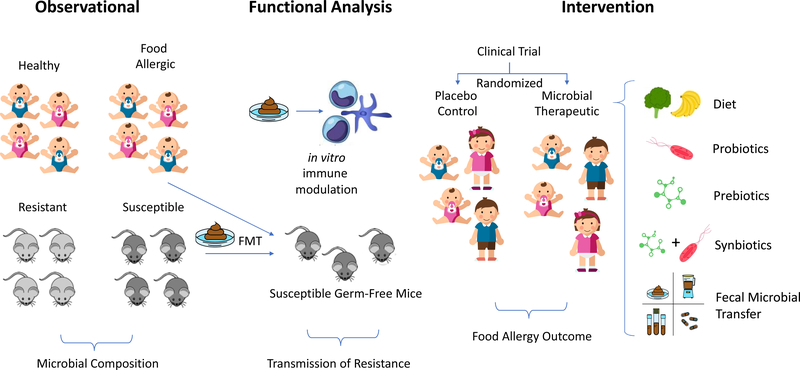Figure 1: Pathways to development of microbial therapeutics for food allergy.
Evidence for an important contribution of the gut microbiota to the pathogenesis of food allergy is derived from observational studies of distinct microbial composition in allergic and healthy human cohorts, and in mice with susceptibility versus resistance to food allergy. Evidence that changes in microbial composition lead to meaningful changes in host immunity come from studies utilizing fecal microbiota transplants (FMT) into germfree mice with susceptibility to food allergy. Additional functional evidence can be derived from in vitro culture systems examining the impact of stool extracts on immune phenotype. Based on the weight of this pre-clinical evidence, clinical trials utilizing defined microbial transfer, probiotics, prebiotics, synbiotics, and FMT are in process to determine efficacy of microbial therapeutics for the treatment of food allergy.

